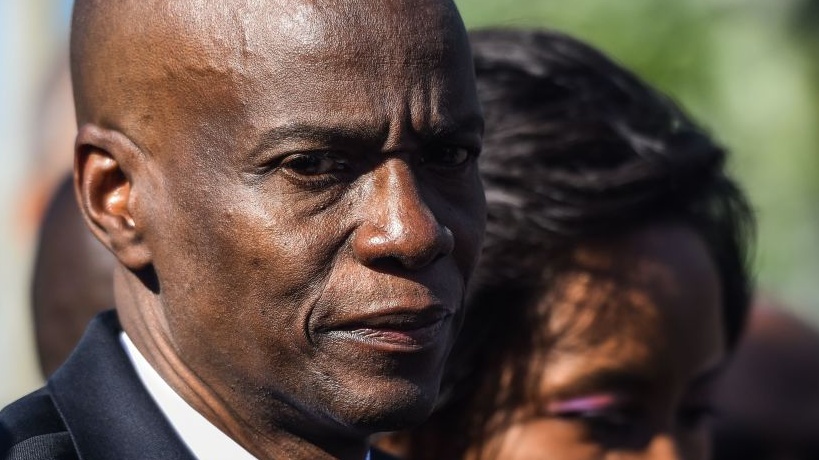Five months since the July assassination of Haitian President Jovenel Moïse, authorities have 45 suspects in custody but have yet to charge any of them with a crime, PBS reports.
Prior to his death, Moïse had started accumulating a list of Haitian businessmen and those with political influence who were allegedly involved in drug trafficking operations. Among those listed was a Supreme Court judge who was supported by leaders that opposed Moïse's leadership and wanted him to resign, ABC News reports.
The Haitian leader was set to hand over the list to the U.S. government, according to New York Times journalist Maria Abi-Habib, who has been investigating Moïse’s killing and his connection to narco-trafficking.
“Well, Jovenel Moïse was preparing a document that basically broke down the intricate network of drug trafficking and arms … smuggling and also the powerful people, whether they be oligarchs or political figures, who support those networks,” the journalist said in an episode of The Daily podcast.
Former President Michel Martelly, Moïse’s predecessor, was allegedly surrounded by people suspected of drug trafficking.
“Kiko is the brother in law of Michel Martelly and also is a suspected drug dealer, according to DEA people that we have spoken with and also Haitian police," Abi-Habib said during the podcast. "He is suspected to be one of the biggest actually in Haiti.”
Abi-Habib said she believes Martelly chose Moïse as his successor because it would allow Martelly to continue his existing state of affairs, as Moïse was “from the unknown, a poor Haitian guy with has peasant origins tapped on the shoulder one day by Michel Martelly.” However, Abi-Habib said, Moïse was already connected to Martelly’s allies.
The reporter went on to say that Moïse’s death may have been a direct response to his betrayal against the same system that elected him — a corrupt but established machine.
Moïse was killed in his home by a group that included former Colombian soldiers; his wife, who was also shot, survived the ambush after reportedly pretending to be dead. His death has left Haiti without political governing and has resulted in an increase of kidnappings by gangs attempting to rule the Caribbean's terrain.
Daniel Foote, who worked as a U.S. special envoy for Haiti, said he believes that drugs played a primary role in Moïse's death.
“I would be a fool to think that narco-trafficking and arms trafficking didn’t play a role in the assassination," said Foote, who ended his duties as a diplomat in November, according to the Times.
Earlier this year, Moïse said that he believed there was a hit out on his life, ABC News reports. Once he informed authorities, police arrested more than 20 people accused of trying to kill Moïse and overthrow his administration.
Before his assassination, Moïse made efforts to scrutinize the eel trade, which was later found to be used for money laundering, WION news reports.
